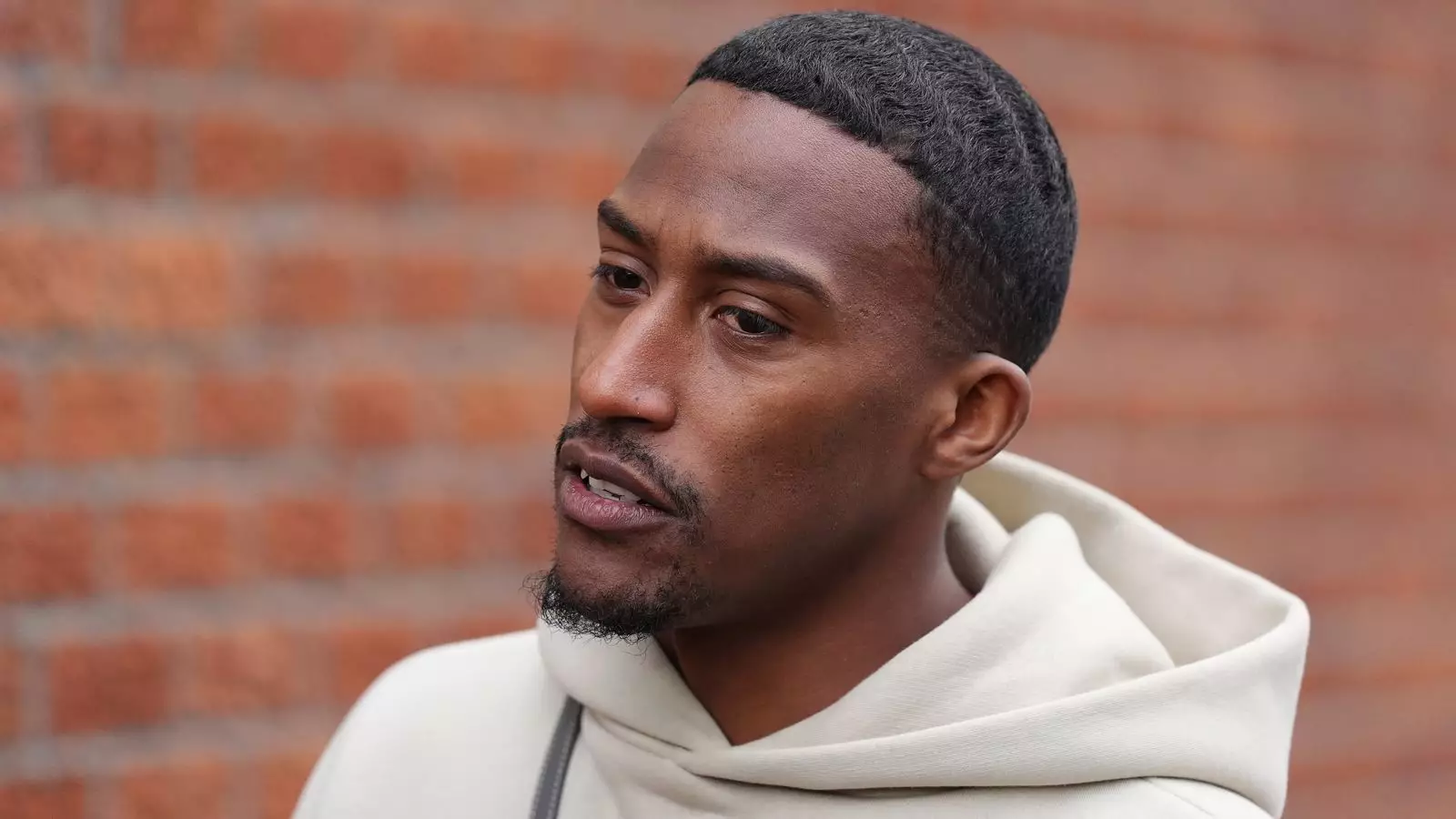The British entertainment landscape has recently become entangled in a web of controversy following the unveiling and abrupt pull of an online cookery series featuring Yung Filly in partnership with the Football Association (FA). Initially designed to champion healthy eating habits among children aged 12 to 16, the series was intended to showcase England’s rising football stars and inspire young viewers to engage with cooking. However, the recent legal troubles surrounding Yung Filly have prompted swift action by the FA and raised questions about the intersection of celebrity, responsibility, and societal messaging.
The Greater Game campaign, launched in tandem with M&S Food, was built on a foundation of positivity and encouragement. Aimed specifically at youths, the initiative sought to promote nutritious food choices while leveraging the popularity of notable footballers such as Bukayo Saka, Ezri Konsa, and Jarrod Bowen. These athletes were set to co-host the “Freestyle Cooking” series on the FA’s YouTube channel, aiming to make cooking appealing and accessible to a younger generation.
This outreach could have provided valuable lessons about nutrition, creativity in the kitchen, and engaging with food preparation as an exciting and enjoyable activity. The marketing materials heralded a fresh approach to educating young individuals about their dietary choices, with celebrity endorsements serving as a draw to engage their target demographic more effectively.
However, the campaign faced an immediate setback following scandalous revelations surrounding Yung Filly—real name Andres Felipe Valencia Barrientos. After being arrested in Australia on multiple charges stemming from serious allegations, including sexual penetration without consent and various forms of assault, the FA quickly distanced itself from the project.
The allegations included harmful behaviors that not only jeopardize the safety of individuals but also bring forth moral quandaries regarding the responsibilities of public personalities. The decision to retract the series illustrates the FA’s commitment to maintaining its integrity and reinforcing positive community values, especially when the messaging targets vulnerable groups such as teenagers.
In a world where social media and celebrity culture heavily influence youth, the implications of incorporating flawed figures into campaigns can be profound. The backlash resulting from Yung Filly’s situation shines a spotlight on the fine line between creative collaboration and ethical engagement. When public figures with substantial platforms engage in controversial actions, the fallout can ripple through the initiatives they represent.
The promotion of healthy cooking led by a figure embroiled in serious criminal allegations raises vital discussions about role models in society. As young people increasingly consume content from influencers, the importance of scrutinizing these figures cannot be underestimated.
Moreover, beyond the immediate concerns of public relations and image management for the FA and M&S, what does this situation reveal about societal standards? Public figures are tasked with a unique responsibility; their actions can either uplift or undermine communal values.
Ultimately, the abrupt dissolution of The Greater Game campaign serves as a cautionary tale for organizations considering partnerships with high-profile personalities. With great influence comes great responsibility, and the repercussions of failing to uphold ethical standards can detrimentally affect entire campaigns aimed at public good.
This incident accentuates the necessity for thorough vetting processes when selecting collaborations, especially for initiatives directed toward the impressionable youth demographic. The evolving landscape of celebrity culture demands heightened scrutiny and vigilance to ensure that the individuals positioned as role models reflect the values we wish to impart to younger generations. The road ahead for the FA, M&S, and others in similar positions involves careful consideration of who they choose to collaborate with, emphasizing the weight of authority figures in shaping societal expectations.

Leave a Reply